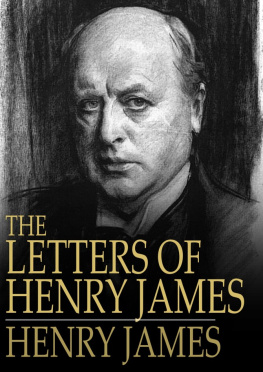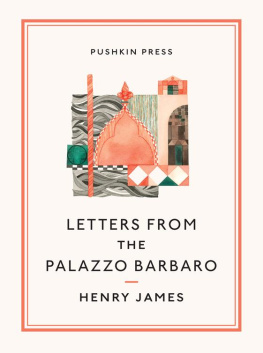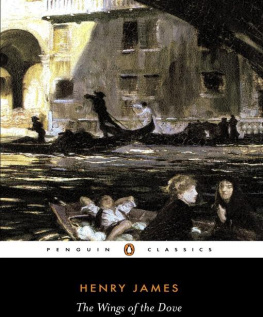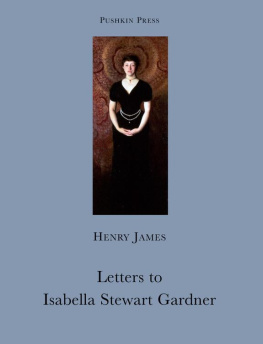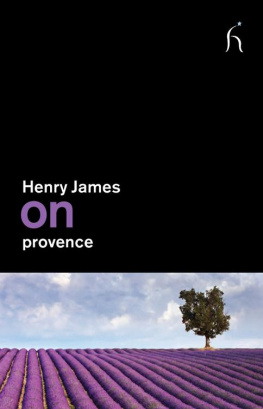Henry James - Daisy Miller and Washington Square (Barnes & Noble Classics Series)
Here you can read online Henry James - Daisy Miller and Washington Square (Barnes & Noble Classics Series) full text of the book (entire story) in english for free. Download pdf and epub, get meaning, cover and reviews about this ebook. publisher: Barnes & Noble, genre: Art. Description of the work, (preface) as well as reviews are available. Best literature library LitArk.com created for fans of good reading and offers a wide selection of genres:
Romance novel
Science fiction
Adventure
Detective
Science
History
Home and family
Prose
Art
Politics
Computer
Non-fiction
Religion
Business
Children
Humor
Choose a favorite category and find really read worthwhile books. Enjoy immersion in the world of imagination, feel the emotions of the characters or learn something new for yourself, make an fascinating discovery.

- Book:Daisy Miller and Washington Square (Barnes & Noble Classics Series)
- Author:
- Publisher:Barnes & Noble
- Genre:
- Rating:3 / 5
- Favourites:Add to favourites
- Your mark:
- 60
- 1
- 2
- 3
- 4
- 5
Daisy Miller and Washington Square (Barnes & Noble Classics Series) : summary, description and annotation
We offer to read an annotation, description, summary or preface (depends on what the author of the book "Daisy Miller and Washington Square (Barnes & Noble Classics Series) " wrote himself). If you haven't found the necessary information about the book — write in the comments, we will try to find it.
Daisy Miller and Washington Square (Barnes & Noble Classics Series) — read online for free the complete book (whole text) full work
Below is the text of the book, divided by pages. System saving the place of the last page read, allows you to conveniently read the book "Daisy Miller and Washington Square (Barnes & Noble Classics Series) " online for free, without having to search again every time where you left off. Put a bookmark, and you can go to the page where you finished reading at any time.
Font size:
Interval:
Bookmark:
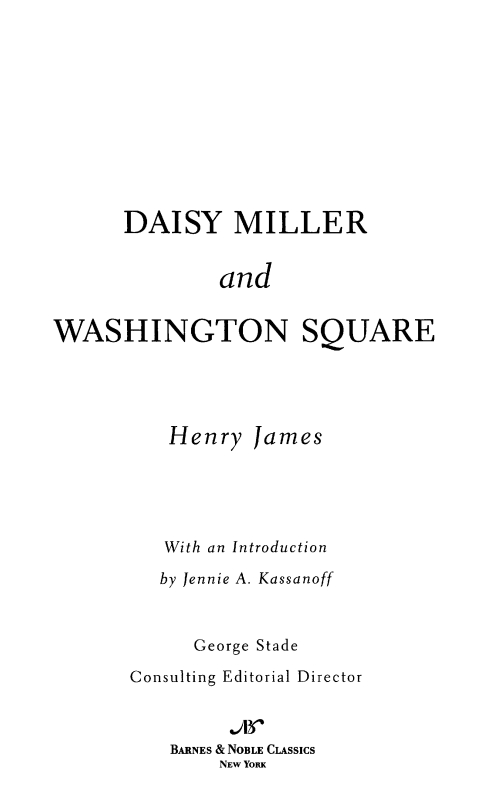
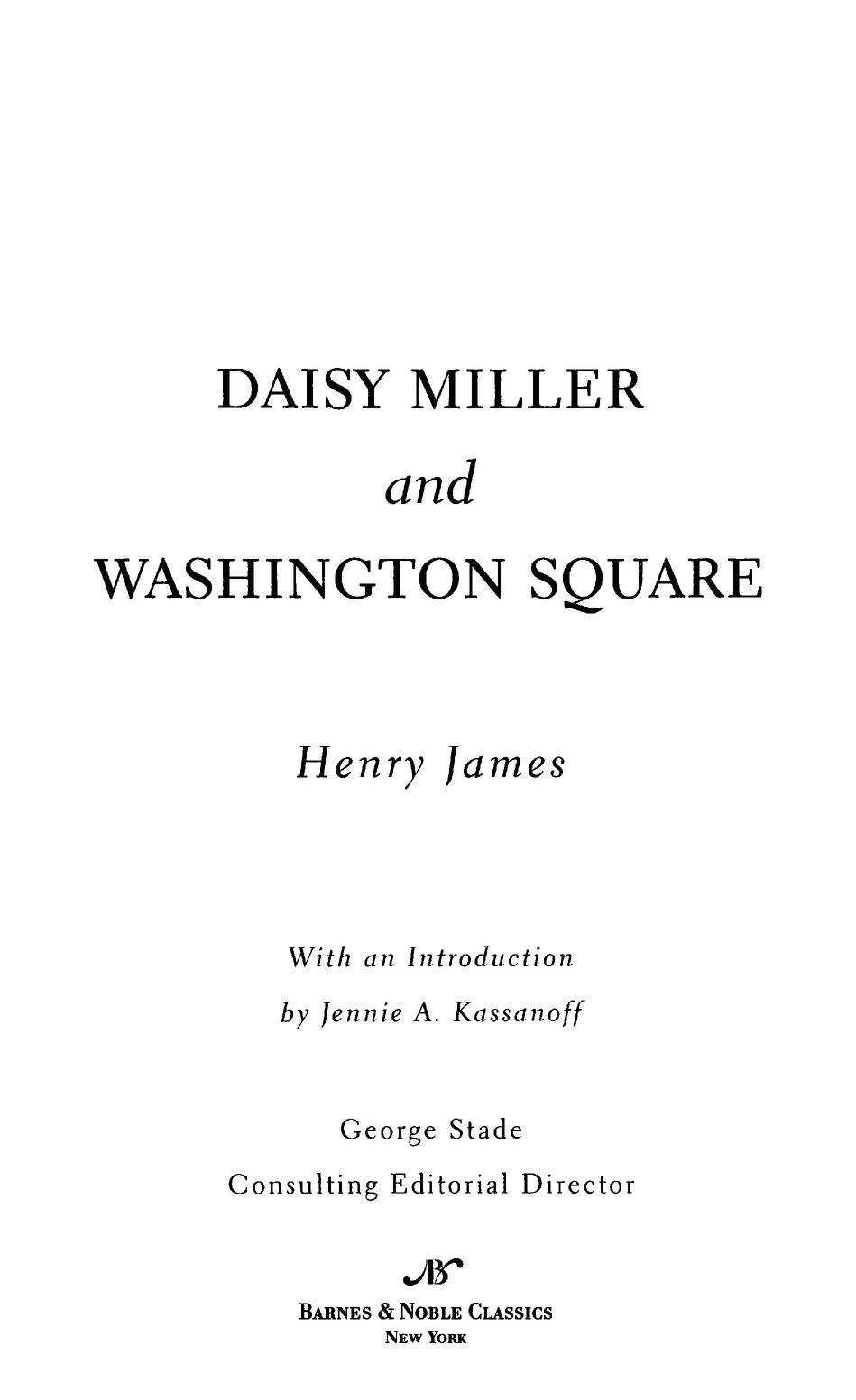
| THE WORLD OF HENRY JAMES ANDDAISY MILLER AND WASHINGTON SQUARE | |
|---|---|
| 1789 | William James, Henrys grandfather, emigrates to the United States from Ireland. |
| 1811 | Henry James, Sr., the authors father, is born. |
| 1826 | Washington Square is dedicated as a public place and mili tary parade ground. Originally a marsh, then a graveyard, it served as a spot for duels and executions prior to this trans formation. |
| 1828 | Construction begins on the first house on the north side of Washington Square; over the next thirty years Washington Square North will become the most expensive and fashion able street bordering Washington Square. |
| 1832 | William James dies, leaving a $3 million estate to his twelve children. |
| 1835 | Henry Jamess maternal grandmother, Elizabeth Walsh, moves into a townhouse at 18 Washington Square North (now part of 2 Fifth Avenue), occupying it until 1847. James visits her often as an infant and toddler. |
| 1836 | Ralph Waldo Emerson publishes his essay Nature, setting forth the main principles of Transcendentalism. |
| 1837 | William Dean Howells is born; he will be Jamess colleague, an important editor, and a founder of American realism. |
| 1842 | Henrys brother William is born. |
| 1843 | On April 15, Henry James, Jr., is born at 21 Washington Place, in New York City, around the corner from his grand mother. In October the James family relocates to Europe. |
Font size:
Interval:
Bookmark:
Similar books «Daisy Miller and Washington Square (Barnes & Noble Classics Series) »
Look at similar books to Daisy Miller and Washington Square (Barnes & Noble Classics Series) . We have selected literature similar in name and meaning in the hope of providing readers with more options to find new, interesting, not yet read works.
Discussion, reviews of the book Daisy Miller and Washington Square (Barnes & Noble Classics Series) and just readers' own opinions. Leave your comments, write what you think about the work, its meaning or the main characters. Specify what exactly you liked and what you didn't like, and why you think so.

